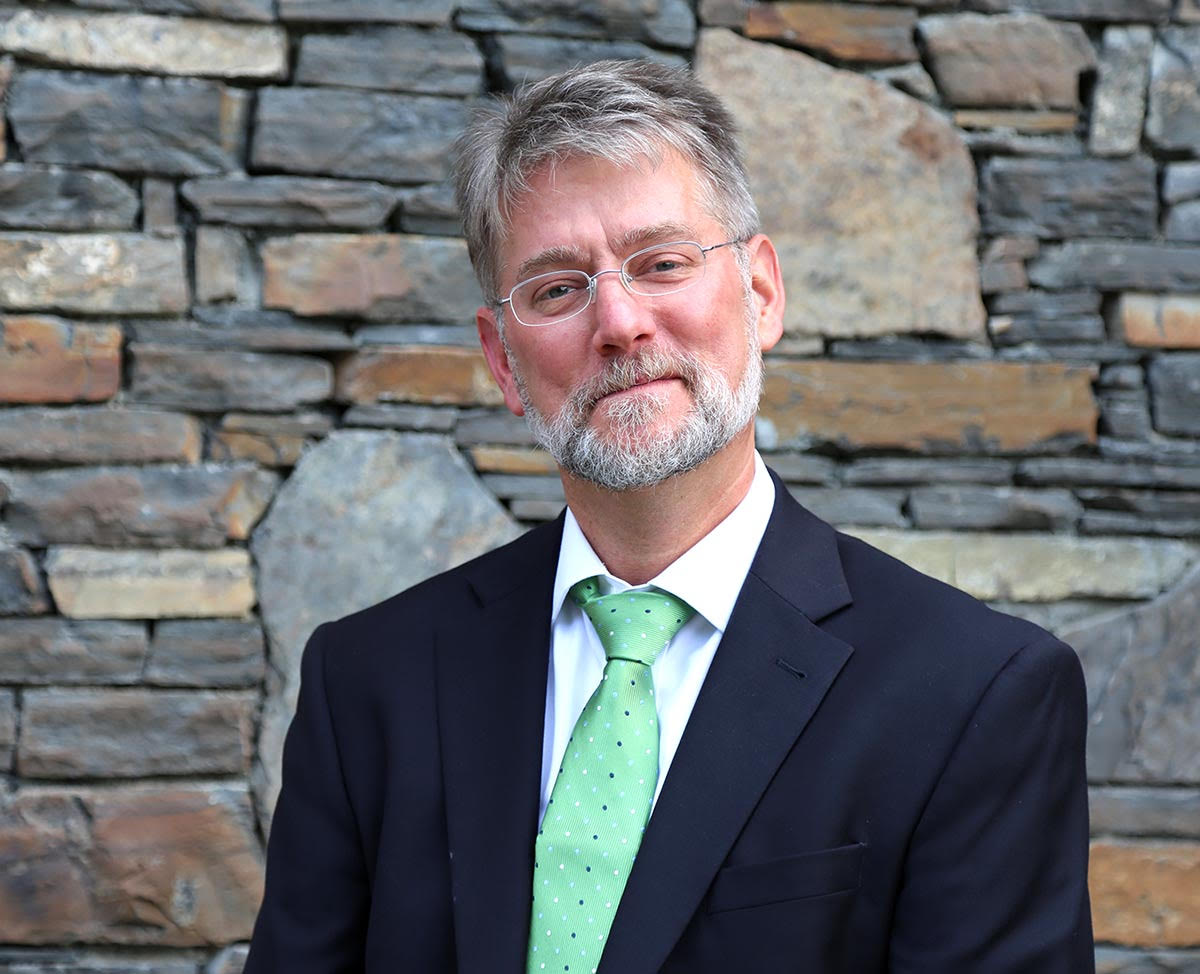
Message from the Executive Director
 Pick up a newspaper or turn on a radio or television anywhere in the world and one ineluctable fact becomes immediately clear: beliefs and values are at the very heart of why we humans do what we do – and who we say we are – to ourselves, others, and the world at large. From politics, religion, education, and the arts, to marriage, family, gender, and sexuality, what is arguably most interesting about the varying opinions we express on such topics is not whether this belief is “right” or that value is “wrong.” Much more important is understanding the complex interaction among affect, cognition, context, and development that culminates in a unique constellation of beliefs and values for every human being as well as how and why these different versions of reality are inevitably linked to the actions, practices, and policies of individuals, groups, organizations, governments, and societies all over the world.
Pick up a newspaper or turn on a radio or television anywhere in the world and one ineluctable fact becomes immediately clear: beliefs and values are at the very heart of why we humans do what we do – and who we say we are – to ourselves, others, and the world at large. From politics, religion, education, and the arts, to marriage, family, gender, and sexuality, what is arguably most interesting about the varying opinions we express on such topics is not whether this belief is “right” or that value is “wrong.” Much more important is understanding the complex interaction among affect, cognition, context, and development that culminates in a unique constellation of beliefs and values for every human being as well as how and why these different versions of reality are inevitably linked to the actions, practices, and policies of individuals, groups, organizations, governments, and societies all over the world.
At one level, these considerations regarding human nature and society are as old as recorded history, which can be read as nothing more or less than a catalogue of causes and campaigns that were justified on the basis of beliefs and values, and fit a unique time and place. However, it might also be argued that matters have become much more complicated of late, for if the past century and beginning of this one teach us anything, it is that we now have the means to express our beliefs and values through actions, practices, and policies that harm people, subvert democratic processes, or damage the global environmental systems necessary to sustain life. The rationale for the IBAVI is highly congruent with the above observations, in its assertion that:
…a critical mass of the world's population must come to understand that the actions, practices, and policies of individuals, groups, organizations, governments, and societies are mediated by beliefs and values that may be highly subjective, non-conscious, and self-serving rather than just, equitable, rational, and sustainable. Such understanding must be sufficiently achieved in the near future by a substantial proportion of the world's population—as well as those who are in positions of relative power and influence—and subsequently translated into relevant actions, practices, and policies.
At the IBAVI, we address these real-world issues head-on and at multiple levels of action and analysis. Through interdisciplinary scholarship, education, and service – and in partnership with a wide range of international academics, policy makers, community leaders, organizations, and funding agencies – we rigorously pursue the mission of the IBAVI, which is to examine the linkage between beliefs and values of individuals, groups, organizations, governments, and societies around the world and concomitant actions, policies, or practices. Our nonprofit work is pluralistic, critically-minded, and self reflective, grounded in sound scholarship, and informed by reasoned dialogue. Here are a few of our initiatives:
- The Cultivating the Globally Sustainable Self Summit Series is a multi-year, multi-institution, multi-country working conference that brings together invited scholars, educators, practitioners, students, and leaders from around the world to address the most pressing issues of our day across five thematic areas: conflict resolution, global education, human rights, religious and cultural understanding, and sustainability (see https://summitx.org);
- The Forum BEVI Project, a six-year collaboration between the IBAVI and Forum on Education Abroad, examined the processes and outcomes of international, multicultural, and transformative learning, resulting in “over 20 publications (e.g., articles, chapters, dissertations), 50 presentations (e.g., symposia, papers, posters), and hundreds of separate analyses” (Wandschneider et al., 2016, p. 418; see https://forumea.org/research-bevi-project)
- The work of the IBAVI was featured prominently in Making Sense of Beliefs and Values: Theory, Research, and Practice, a 681 page volume released in 2016, which includes 16 chapters involving 47 contributors from the U.S. and internationally (see https://media.springerpub.com/media/9780826104526/9780826104526.pdf).
- The Sustainable Visions and Values Award recognizes a distinguished individual who exemplifies the transformative aspirations that are at the heart of the IBAVI’s mission, rationale, and goals. Recipients of the Sustainable Visions and Values Award include luminaries such as Usha Nayar, internationally recognized advocate for children and former Provost of the Tata Institute of Social Sciences in India; A.T. Ariyaratne, founder of Sarvodaya, the largest NGO in Sri Lanka; Akwasi Aidoo, Founding Executive Director of TrustAfrica; Claudia Bernardi, internationally renowned artist working in the fields of human rights and social justice; Charles Hopkins, UNESCO Chair in Reorienting Education towards Sustainability; Jo Beall, Director Education and Society and a member of the Executive Board at the British Council; and Cecilia Christersson, Pro Vice-Chancellor for Global Engagement and Challenge Based Learning at Malmö University in Sweden (for all SVV Awardees, please see https://www.ibavi.org/content/about-svv-award-0.php).
Additional information regarding the IBAVI and its activities is available at our website: www.ibavi.org. We are always interested in collaboration, so please feel free to contact us with your ideas for partnerships and projects at ibavi@ibavi.org. We look forward to working together in the pursuit of meaningful answers to these complex questions that are of relevance to us all.
